Are you struggling to choose which of the online payment systems is the best for you? Help your business succeed by learning about the best payment gateways of 2025 that work best for your business.

Introduction
Financial transactions are a regular part of almost every business. If you want to maintain a seamless cash flow for your business you should adopt certain payment gateway solutions according to the nature of your business’ transactions.
These behind-the-scenes tools make online shopping or transactions possible and more feasible by acting as an interface between the merchant’s website and a payment processing bank. In this article, we will explore some of the best payment gateways of 2025 and how to choose the best payment gateway for a business.
What is a Payment Gateway?
A payment gateway is software integrated into a merchant’s website that transmits transaction data to the processing bank for authorization and settlement. It lies between the customer’s means of payment, such as a credit card or mobile wallet, and the business owner’s bank account.
It helps the buyer to encode the information on the transaction so that it is only received on the other side. After that, it verifies whether the customer has sufficient funds and then completes the payment. Payment gateways are general in online shopping as they act as secure and efficient tools dealing with payment for both the business owner and the customer.
How Does a Payment Gateway Work?
1. Customer Initiates a Payment
When a customer wants to purchase a product then he or she inputs their payment details. In this case, credit card details, debit card details, or other digital payment solutions like PayPal or UPI are entered.
2. Secure Method of Payment
In the payment gateway, the customer’s payment details are encrypted so that it can safely traverse from the customer’s browser up to the merchant’s server. It is achieved with the assistance of the SSL (Secure Socket Layer) to ensure that data is protected from cyber risks and threats.
3. Authorization Request
Every payment information submitted at the merchant’s website goes through the payment gateway and is sent to the customer’s issuing bank (or payment processor) for approval.
4. Fraud Identification and Authorization
During the transaction, the payment gateway scrutinizes for any fraud using techniques like AVS (Address Verification Service) or CVV (Card Verification Value). It assists in avoiding unauthorized payments.
5. Payment Authorization
The customer’s issuing bank or credit card network (like Visa or MasterCard) verifies the payment details, checking for:
- Available funds.
- Validity of the card/account.
- Any other alert in the system concerning any form of fraud.
The bank approves the payment if all the tests are cleared.
6. Payment Confirmation
On approval, the payment gateway forwards a confirmation to the merchant site that the payment has been made. It can then be followed by offering more product details, providing final orders with the goods or continuing with performing services.
7. Transfer of Funds
In the confirmation stage, the payment gateway directs the customer to transfer his or her money by either debiting or charging their bank account or credit card and then transmitting the amount to the merchant’s account. However, it can take a couple of days to perform this task according to the bank policy.
8. Final Settlement
The payment gateway covering the transaction transfers the payment amount to the merchant’s account most of the time after this waiting period. The customer receives a message that the payment has been made.
Best Payment Gateways of 2025
Here is a list of the 10 best payment gateways of 2025 that you can use to support the financial transactions for your business.
Helcim

Helcim is a free full-service merchant account with a free payment gateway. It works online and in person and they offer interchange-plus pricing, which is super cost-effective. Every Helcim account comes with a virtual terminal, its payment gateway and online store builder, and POS software. Their customer service is top-notch. High-volume businesses will save the most, but it’s a great option even for a small business payment system.
| Pros | Cons |
|
|
Stripe
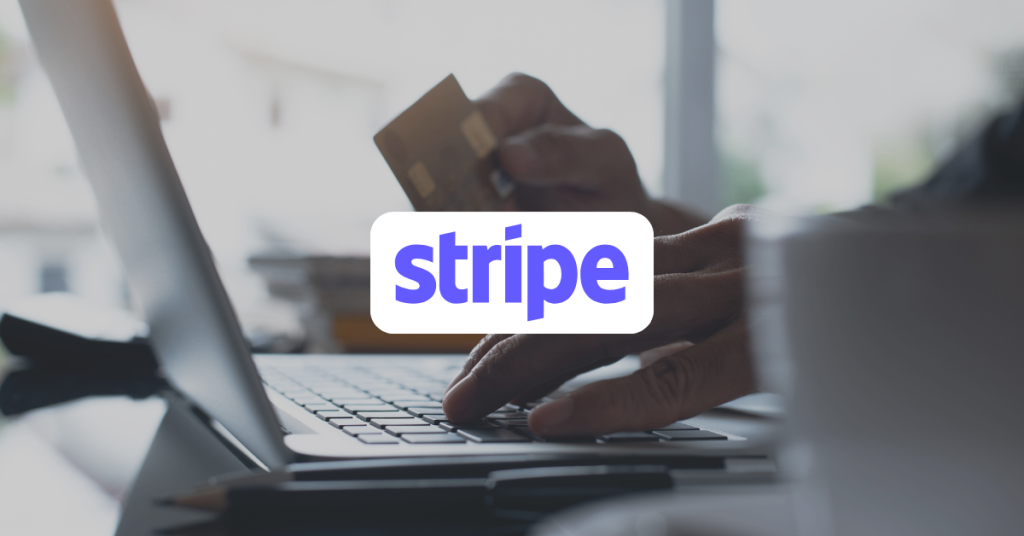
Stripe is also one of the top contenders for the best payment gateways of 2025. It’s because it has the best customization capabilities. It integrates with pretty much every online store builder, CRM tool and accounting software out there. It offers tools for both beginners and coding professionals, so you can create a seamless checkout experience on your website or app.
Stripe welcomes merchants worldwide, supports multiple currencies, and even accepts alternative payment methods. It is the perfect payment gateway solution if you are mostly online and do not need a dedicated merchant account.
| Pros | Cons |
|
|
Authorize.net

This is one of the classics, and many payment gateways are already offered as a part of its services. It is highly flexible therefore, you can integrate it with your existing account even if you are a high-risk business. It handles both online and in-person transactions. Authorize.net is a versatile option for all kinds of businesses.
| Pros | Cons |
tools.
|
|
Square
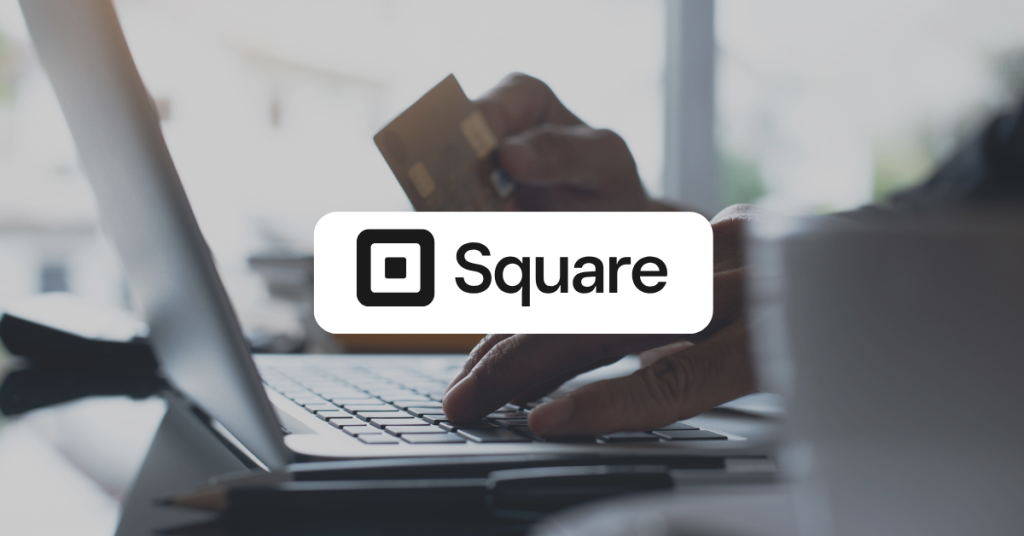
Square is another payment gateway that has secured a big name in e-commerce. It is a fantastic POS system and payment gateway that also integrates with third-party software. You can’t separate Square’s gateway from its processing services, but it’s free to use and even comes with a free online store, virtual terminal; and POS software.
Square is all about multichannel selling with features like local delivery and buy online and pick up in-store. If you are a low-volume business with smaller transactions, Square’s flat rate pricing is a steal, but a high-volume or high-risk business might need a different solution.
| Pros | Cons |
|
|
Amazon Pay
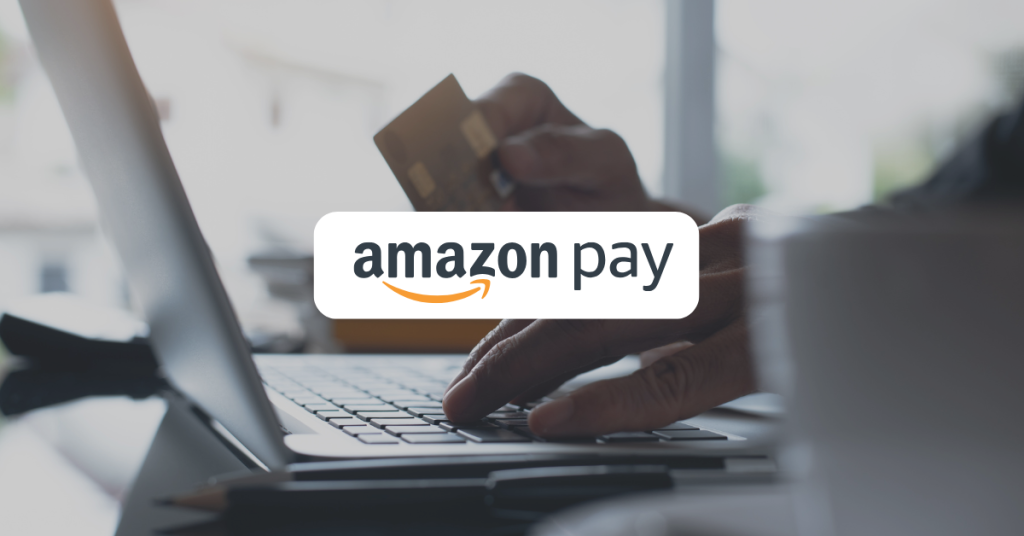
If your business is already set up on Amazon, you will be at ease with Amazon Pay. It’s their gateway, so it is the most seamless way to accept payments on their platform. It is also a convenient option to add to your website for customers who love using Amazon checkout.
You can set up recurring billing or collect donations with Amazon Pay. It also plays well with other platforms like Shopify. But there’s a catch, you would need an Amazon seller account even if you do not list any products there.
| Pros | Cons |
|
|
Braintree
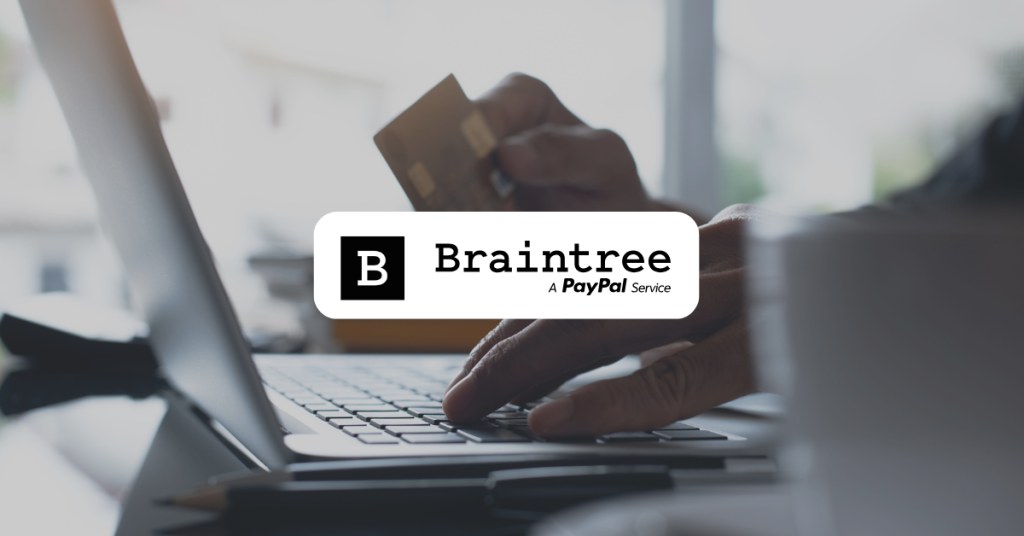
Braintree is a PayPal company and one of the best e-commerce payment options. This one’s a full-service merchant account. Braintree’s got your back if you’re tech savvy with extensive developer tools for website or app integration. It’s perfect for high-volume businesses and accepts Paypal, Venmo and the usual suspects.
The pricing is super competitive, with flat rates and no monthly fees. But if you want to use their gateway with a different processor, it will cost you. Braintree is unfit for in-person transactions or small sales under $15 and high-risk businesses.
| Pros | Cons |
|
|
2Checkout (now verifone)

2Checkout is a powerhouse of international sales, handling payments from over 200 countries, whether you’re selling services, digital products or physical goods, they’ve got you covered. Think of it like this, 2Checkout is your passport to global e-commerce. They integrate with tons of shopping carts and support subscriptions, B2B payments, etc. So, if you are focused on online or international sales, 2Checkout is a solid option for you.
| Pros | Cons |
|
|
Paypal
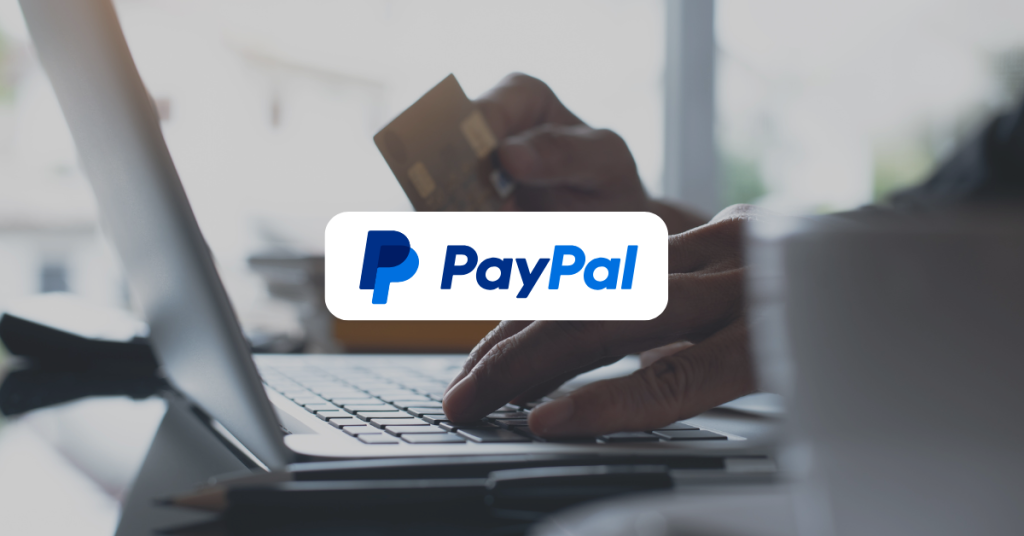
PayPal is one of the most recognized and secure payment gateway providers to users all over the world. It accepts almost all types of payment methods such as credit/debit cards and online payments via bank transfer, wallets, etc, across more than 25 currencies. It is suitable for businesses that require international coverage and is easy to use by both the businesspersons and the consumers.
| Pros | Cons |
|
|
Razorpay
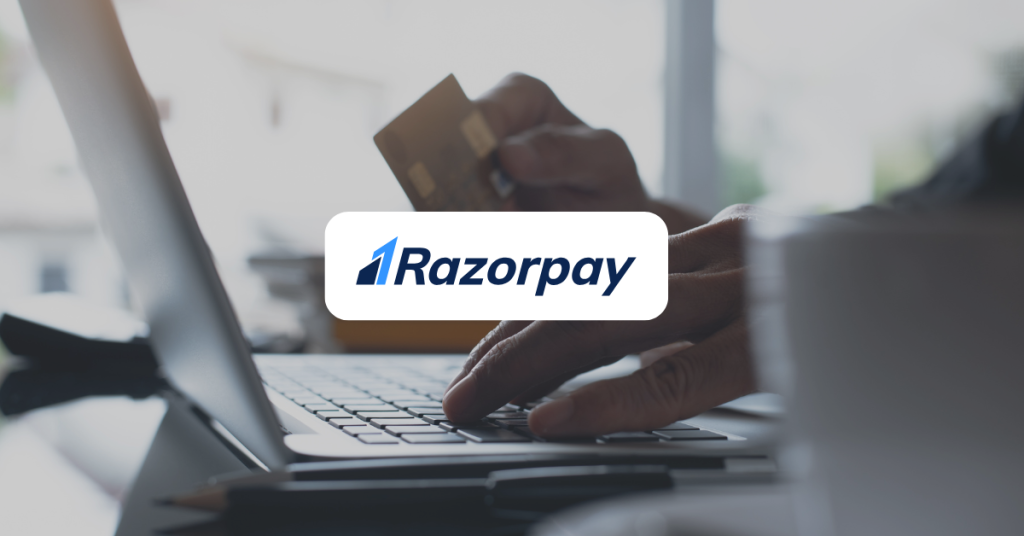
It is an integrated small business payment system specially designed for Indian merchants. Razorpay accepts numerous connected payment methods including payments through UPI, wallets, cards, and internet banking. It is also easy to use and to integrate with any eCommerce site and that is why Razorpay has much popularity. It also supports subscription services, repeated payments, and billing so it is unique among the start-ups and small businesses in India.
| Pros | Cons |
|
|
Adyen
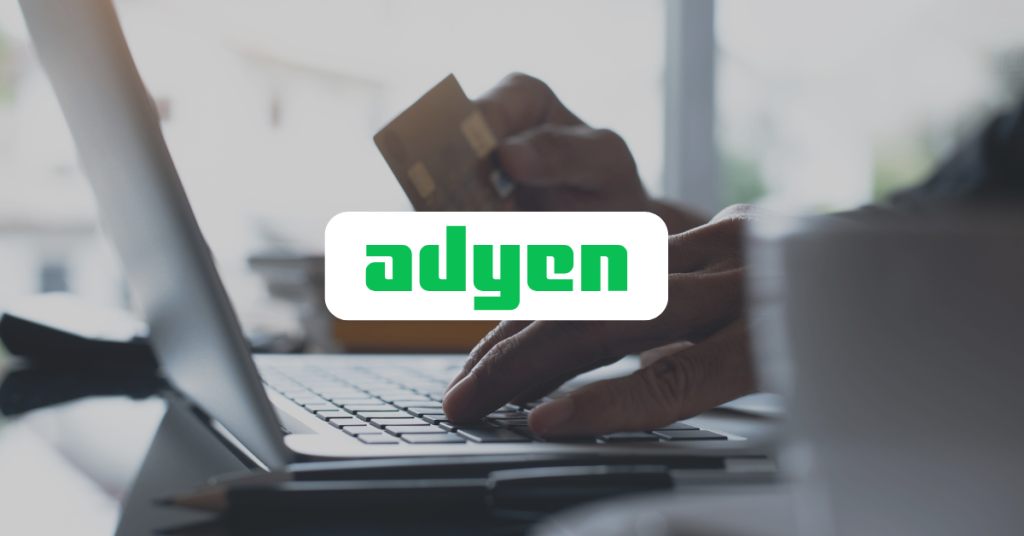
Adyen is an integrated payment platform that is famous for operating large business and merchant entities. It currently enables over 150 currencies for transactions and has an online and offline payment management interface. With a high rating for anti-fraud tools, and supporting omnichannel and analytical functions, Adyen is most suitable for large businesses that need rapid management of international payments.
| Pros | Cons |
|
|
Table of Comparison of Top 10 Payment Gateway Solutions of 2025
| Payment Gateways | Best For | Best Features | Pricing |
| Helcim | Small-to-medium businesses | 1. Interchange-plus pricing model
2. No monthly fees 3. Built-in POS and invoicing tools |
Transaction rates: 1.92% + $0.08 (credit card)
No monthly fee. |
| Stripe | Developers and tech startups | 1. Extensive API
2. Supports multiple currencies 3. Customizable checkout |
Transaction rates: 2.9% + $0.30/transaction
No monthly fee |
| Authorize.net | Small to mid-sized businesses that require prevention | 1. Advanced fraud detection
2. Recurring billing options 3. Accepts multiple payment methods |
Transaction rates: 2.9% + $0.30/transaction
Monthly fee: $25 |
| Square | Small brick-and-mortar businesses | 1. Free POS software
2. Easy to use hardware 3. Inventory management tools |
Transaction rates: 2.6% + $0.10/in-person transaction
No monthly fee |
| Amazon Pay | Businesses selling on Amazon or integrating Amazon Pay | 1. Familiar Amazon checkout
2. Integration with Alexa 3. Enhanced fraud protection |
Transaction rates: 2.9% + $0.30/transaction (domestic)
No monthly fee |
| Braintree | Tech-savvy businesses needing advanced features | 1. Supports multiple payment methods
2. PayPal integration 3. Fraud protection tools |
Transaction rates: 2.9% + $0.30/transaction
No monthly fee |
| 2Checkout (now verifone) | International merchants needing localized payment options | 1. Global reach in 200+ countries
2. Multilingual support 3. Recurring billing support |
Transaction rates: 3.5% + $0.35/transaction
No monthly fee |
| Paypal | Freelancers, eCommerce, and international businesses | 1. Instant transfers
2. Global reach with 200+ countries 3. Easy setup |
Transaction rates: 2.9% + $0.30/transaction (domestic)
No monthly fee |
| Razorpay | Indian businesses and startups | 1. Comprehensive payment suite (UPI, wallets, cards, etc.)
2. Subscription and recurring payments 3. Easy integration with eCommerce platforms |
Transaction rates: 2%+ 18% GST on all charges, UPI payments and debit/ credit transactions.
No monthly fee |
| Adyen | Large enterprises and global businesses | 1. Global reach in 150+ currencies
2. Omnichannel payment solutions 3. Advanced fraud prevention and analytics |
Transaction rates: Interchange + payment method fee
Monthly fee: Custom pricing based on volume |
How to Choose the Best Payment Gateways for your business?
Regardless of the type of business you own, be it a small business or a local start-up, knowing what aspects to pay attention to when choosing the payment system will prove valuable. Here are some basic key points to help you navigate the process:
Size and Scope of Your Business
If you are a small business, what you require is a gateway that accepts small business payments. When selecting service providers, choose those that will grant you easy integration with your website do not charge a monthly fee and accept local tender. For example, Razorpay is recommended for Indian companies whereas PayPal is an international service that is quite reliable.
For any big company, achieving scalability becomes imperative. If your business is bigger and you are operating internationally, you require solutions with more options as Adyen which offers additional options like omnichannel payments and also has a feature for identifying fraud.
Transaction Fees and Pricing Structure
It is crucial to have information about the price of accepting payments. The best payment gateways should boast flexible pricing known to adjust according to the number of transactions conducted.
Certain gateways such as PayPal or Stripe may have even higher fees as opposed to other services, but they make it incredibly simple to handle transactions and are also very well-trusted, so it just depends on your business and whether or not those values are worth paying for.
Supported payment methods
Customers may prefer making payments with a credit card, via Apple Pay, Google Pay, or with UPI in India. Today there are several integrated forms of payment processing available, such as Razorpay, which are capable of handling multiple forms of payment and thus are very useful for a small business payment system in certain parts of the world.
If your business is international, of course, you need a payment gateway such as Adyen or 2Checkout (now part of Verifone) that supports multiple currencies and payment forms.
Ease of Integration
Ideally, your payment gateway should seamlessly integrate into your online site or your e-business platform. Stripe and Square have detailed APIs for more customization for programmers, and PayPal and Authorize.net both have simple integration for those without coding knowledge. For anyone running a small business, ease of integration is equally important because it will help one avoid a lot of stress during the setup process.
Security and Fraud Prevention
A few of the best payment gateways have measures like encryptions, tokenizations, and highly developed fraud control systems. Some of the most popular gateways include Authorize.net and Adyen, both of which possess tremendous fraud prevention mechanisms which makes it easier for businesses that deal with so many customers to incorporate them.
The Role of ValueX2
Businesses have realized the importance of up-to-date and secure payment gateways in the current climate for business success. However, it may be easier said than done since recognizing these tools and achieving the correct implementation of them might be a challenge. That is where ValueX2 can come into play.
Through training specially designed for employees, ValueX2 can provide essential information on the digital payments field and how it functions in order to allow its clients to make the best choices. They can help you learn how to select and establish the right payment gateway for your business following best practices and boost your payment security and customers’ experience.
Attend the amazing training sessions at ValueX2 and grab onto the courses to apply best financial practices to your business for improved performance today!
Conclusion
Today, there are a lot of choices that are available to companies when it comes to choosing the appropriate payment gateway solution. The best payment gateways of 2025 include Helcim, Stripe, PayPal, and Razorpay among others since each provider has characteristics that meet different needs.
This is because no matter the size or complexity of your business you will find a gateway that addresses your needs; either it offers cheap solutions if you are an SME or offers features such as fraud detection and multi-currency if you are an international business.
Factors like transaction fees, support offered, and compatibility with your existing setup have to be taken into consideration for the smooth running of the operations for your business and for your clients. Selecting the right payment gateway will enhance your customers’ payment process, safeguard your transactions, and future-proof your business for increased growth.
Frequently Asked Questions (FAQs)
Q. Which are the best payment gateways for online business?
Ans. Choosing the best payment gateways also depends on the aspects of your business, but Stripe, PayPal, and Square are some of the best. Half of websites need Stripe because their API is programmer customizable while the other half can benefit from PayPal’s ease of use and brand name recognition.
Square is most suitable for businesses with little coverage and those that require integration of offline and online selling arrangements. Both provide distinctive characteristics such as fraud protection, available currencies, and cost models.
Q. What is a global payment gateway?
Ans. A global payment gateway enables a business entity to receive payments from its customers in any part of the world. It handles many currencies, has global protection against fraud, and monitors certain laws of each country. Some of them include Stripe, PayPal and 2Checkout, which accept international payments and assist firms to operate internationally.
Q. Which payment gateway is better, Stripe or Square?
Ans. Square is suitable for small businesses especially those with both online and physical storefront selling while Stripe is suitable for online sellers who require complex integration.
Stripe has a more developed API as well as a broader network of integration with many international payment systems, and Square has less complex integration, and advanced instruments designed for retail stores management.
Q. Which is the best payment gateway in India for international transactions?
Ans. PayPal and Stripe are the two best payment gateways for international transactions in India. They are multilingual, protect against fraud, and are well-known worldwide — some even accept multiple currencies. PayPal is easily recognized and convenient to use, while Stripe offers more tools for targeted use by big companies that operate with numerous international transactions.
Q. Is Stripe available in India?
Ans. Stripe operates in India and enables the receiving of local as well as cross-border payments hence being favourable for enterprises. From the convenience store to craft marketplace, Independent Indian merchants can leverage Stripe’s more developed payment rails by enabling support for local payment methods like UPI and at present, Netbanking.
It also covers all currencies worldwide, which made Stripe the go-to payment gateway for companies engaged in the international market.

Bhavna is an Agile Coach and Consultant with over a decade of experience in advisory, corporate finance, IT assurance, and operations at Big 4 and within the industry in the UK and India. She has recently been the CEO of a start-up where she implemented agile practices within HR, Marketing, and Product teams.
She is also a SAFe® Practice Consultant (SPC) and authorized instructor for ICAgile Agility in HR (ICP-AHR), Agility in Marketing (ICP-MKG), and Business Agility Foundations (ICP – BAF) training courses. She provides training for agile transformation to corporate, public, and private batches, as well as consulting for enterprise agile transformation.






